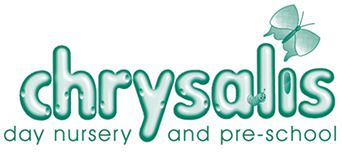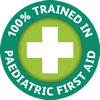Curriculum
Chrysalis Day Nursery uses the Early Years Foundation Stage (EYFS) Framework to ensure we are meeting the individual needs of each child. This ensures we are providing a safe and secure learning environment and that children are provided with opportunities to meet these goals. There are seven areas of learning that are included in the EYFS. These are broken down into 3 prime and 4 specific areas.
Prime Areas
- Physical Development (PD)
- Personal, Social and Emotional Development (PSED)
- Communication and Language Development (CLD)
Specific Areas
- Literacy (L)
- Mathematics (M)
- Understanding The World (UTW)
- Expressive Arts and Design (EAD)
Key Worker System
When your child/children begin their nursery journey with Chrysalis they are assigned a key worker. The key worker will be your first point of contact and will be there to comfort and reassure you and your child. They will be responsible for all your child’s care and emotional needs. During the settling in sessions they will complete a care plan with you and continue to monitor the child’s progress.
Each key worker compiles a development file, which also includes a tracking file and Learning Journey which will show your child’s progress through the early years of development. This can then be taken with them when they begin Big School and will also act as a memento of their Nursery Life.
Letters And Sounds
The Letters and Sounds program is a phonics resource published by the Department for Education. It aims to build children’s speaking and listening skills in their own right as well as to prepare children for learning to read by developing their phonic knowledge. Children will begin this when they enter our Pre-School and will continue to enhance this in their early years at school. Starting with phase 1, progressing onto the first initial sounds S,A,T,P,I,N.
Phase One (Nursery And Reception)
Activities are divided into seven aspects, including environmental sounds, instrumental sounds, body sounds, rhythm and rhyme, alliteration, voice and finally oral blending and segmenting.
Phase Two (Reception)
Learning 19 letters of the alphabet and one sound for each. Blending sounds together to make words. Segmenting words into their separate sounds. Beginning to read simple captions.




